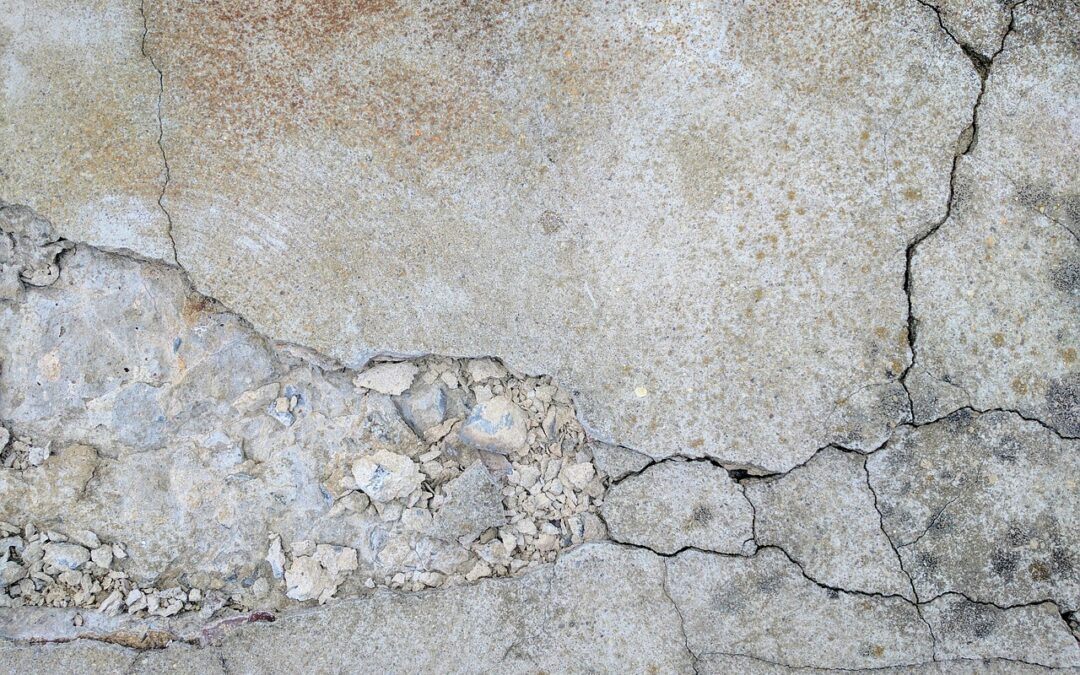Contents
Digging Deep: A Guide to Excavation Services
TL;DR – Too Long; Didn’t Read
Excavation services are crucial for preparing land for construction projects. Hiring a professional contractor is essential to ensure safety, efficiency, and quality results. Understanding the types of excavation services, key factors to consider when choosing a contractor, and the excavation process can empower homeowners and businesses to make informed decisions.
The Significance of Excavation
Excavation, the process of digging and removing earth, plays a vital role in various construction projects. It clears land, prepares sites for building, and installs utilities, making it indispensable for:
- Land Clearing: Removing vegetation, debris, and obstacles from a construction site.
- Site Preparation: Grading and leveling land to prepare it for building foundations.
- Trenching: Digging narrow ditches for utilities like water, sewer, gas, and electric lines.
- Foundation Excavation: Excavating the area where a building’s foundation will be laid.
- Demolition: Removing old structures and clearing the debris for new construction.
Types of Excavation Services
1. Land Clearing
Land clearing involves removing trees, shrubs, stumps, rocks, and other obstacles from a site, often using heavy machinery like bulldozers and excavators.
2. Site Preparation
Site preparation entails grading the land to create a level surface for construction. This may involve cutting and filling slopes, removing vegetation, and compacting the soil.
3. Trenching
Trenching involves digging narrow ditches for underground utilities. It requires precise excavation to avoid damaging existing infrastructure and ensure proper drainage.
4. Foundation Excavation
Foundation excavation is essential for preparing the area where a building’s foundation will be laid. It requires precise digging to ensure stability and support for the structure.
5. Demolition
Demolition involves tearing down existing structures and removing the debris. This requires specialized techniques and safety measures to ensure safe and efficient removal.
Choosing the Right Excavation Contractor
Selecting a skilled and experienced excavation contractor is paramount for successful projects. Consider the following factors:
- Experience and Expertise: Check their track record and references to assess their competence in similar projects.
- Licensing and Insurance: Verify their licensing, insurance coverage, and adherence to industry standards and regulations.
- Equipment and Technology: Ensure they have modern equipment and technology to enhance efficiency and safety.
- Safety Practices: Inquire about their safety protocols, certifications, and training to ensure adherence to industry best practices.
- Cost and Budgeting: Discuss project costs, including materials, labor, and equipment usage, to align with your budget.
The Excavation Process
1. Site Assessment
The initial stage involves assessing the site, determining project scope, and identifying potential challenges.
2. Equipment Selection
Appropriate heavy equipment is chosen based on the project size, soil conditions, and required excavation depth.
3. Excavation Techniques
Various excavation techniques are employed, such as digging with excavators or backhoes, blasting for hard rock, or hydraulic excavation for sensitive areas.
4. Soil Removal and Disposal
Excavated soil is removed and disposed of responsibly, adhering to environmental regulations.
5. Site Cleanup and Restoration
Once excavation is complete, the site is cleaned up, and disturbed areas are restored to their original condition.
Frequently Asked Questions (FAQs)
1. How long does an excavation project take?
Excavation timelines vary depending on project size, soil conditions, and weather factors.
2. What permits are required for excavation?
Permits may be required for certain projects, such as large-scale land clearing or trenching near existing infrastructure. Check with local authorities.
3. How much does excavation cost?
Excavation costs depend on factors like project size, soil conditions, and material disposal fees. Obtain quotes from multiple contractors for an accurate estimate.
The Importance of Hiring a Professional
Hiring a professional excavation contractor is essential to:
- Ensure safety and prevent risks on the site.
- Guarantee quality and precision in excavation and site preparation.
- Optimize efficiency and save time, resulting in project completion within deadlines.
- Avoid legal liabilities and ensure compliance with industry regulations.
If you’re planning an excavation project, don’t hesitate to contact a local excavation company to discuss your needs and get a free estimate.

